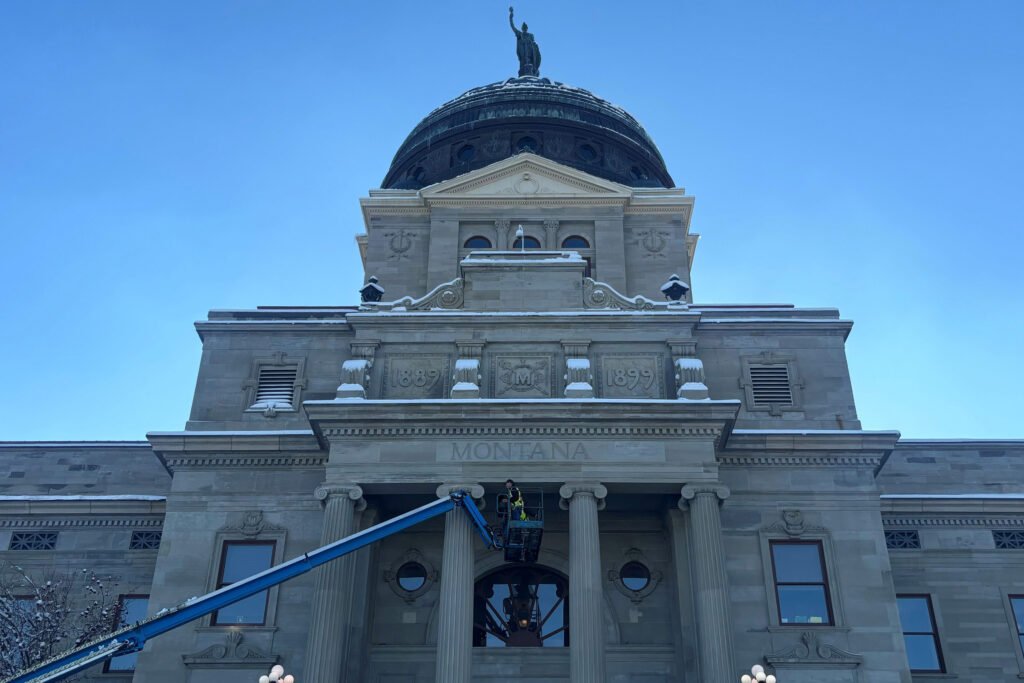Montana Governor Greg Gianforte’s administration is once again pushing to eliminate a panel that deals with appeals from individuals who have been denied public assistance for essentials like food and healthcare. The move is part of an initiative to reduce bureaucratic processes in government, with the aim of streamlining the system and making it more efficient. If successful, the only recourse for individuals whose applications for programs such as Medicaid, temporary financial assistance, and food aid are rejected would be to appeal directly to district court.
A bill to eliminate the Board of Public Assistance, requested by the state Department of Public Health and Human Services, has been introduced in the Montana legislature. This is not the first time such a bill has been proposed, as a similar effort was made in 2023 but did not advance past the committee stage. The recent bill, sponsored by state Senator Jeremy Trebas, has already passed the state Senate and will now be reviewed by the House of Representatives and Governor Gianforte.
The Board of Public Assistance, made up of three members appointed by the governor, currently handles appeals related to public assistance programs and decisions made by the health department. Supporters of the bill argue that the board is an unnecessary intermediary that adds to the workload of state officials and delays the appeals process. They believe that the health department, with its legal expertise, is better equipped to handle these appeals.
However, opponents of the bill express concerns that eliminating the board would limit individuals’ ability to have their cases heard in a transparent and accessible manner. The board serves as a crucial intermediary in some cases, helping to mediate disputes and find resolutions that benefit both the individuals seeking assistance and the state. Critics also point out that not everyone has the resources to navigate the court system, making the board a vital avenue for those in need of assistance.
Despite the arguments for and against the elimination of the Board of Public Assistance, the decision ultimately lies in the hands of the Montana legislature and Governor Gianforte. The outcome of this debate will have significant implications for individuals relying on public assistance programs in the state. Whether the board is retained or abolished, the focus should remain on ensuring that those in need receive the support and resources they require to lead healthy and stable lives.


